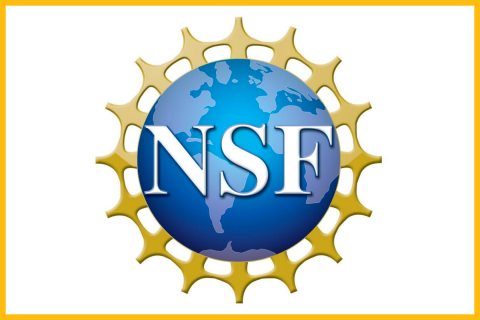Top Stories
The National Science Foundation is seeking public input from graduate students to develop equitable public access plans for federally-funded research publications.

In August 2022, the White House Office of Science and Technology Policy (OSTP) released a memo calling upon federal agencies to update their policies to make publications resulting from federally funded research publicly accessible without an embargo. The National Science Foundation Public Access Plan 2.0 represents NSF’s approach to complying with the OSTP memo.
In developing its plan, NSF wants to understand potential barriers researchers may face in complying with the memo, so they are asking all interested individuals to provide feedback during their open comment period until January 2, 2024.
NSF Public Access Plan 2.0
NSF Public Access Plan 2.0 emphasizes that all peer-reviewed scholarly publications resulting from NSF-funded research will be made freely available and publicly accessible by default in the NSF Public Access Repository (NSF–PAR) without embargo. In addition:
- such publications will be accessible for assistive technologies;
- scientific data associated with peer-reviewed publications resulting from NSF awards will be made available in disciplinary repositories;
- exceptions to the data-sharing requirements will be made based on legal, privacy, ethical, intellectual property, and national security considerations; and
- persistent identifiers (PIDs) and other critical information associated with peer-reviewed publications and data resulting from NSF-funded research will be collected and made publicly available in NSF–PAR.
More about the Request For Information (RFI)
NSF wants to understand potential barriers researchers may face in complying with the NSF Public Access Plan 2.0. Therefore, NSF seeks responses from all interested individuals, particularly researchers new to public access at NSF, new to open science practices more generally, or working in fields or institutions with unique challenges in complying with public access requirements. NSF will consider these responses with the goal of overcoming any potential equity impacts as the plan is developed.